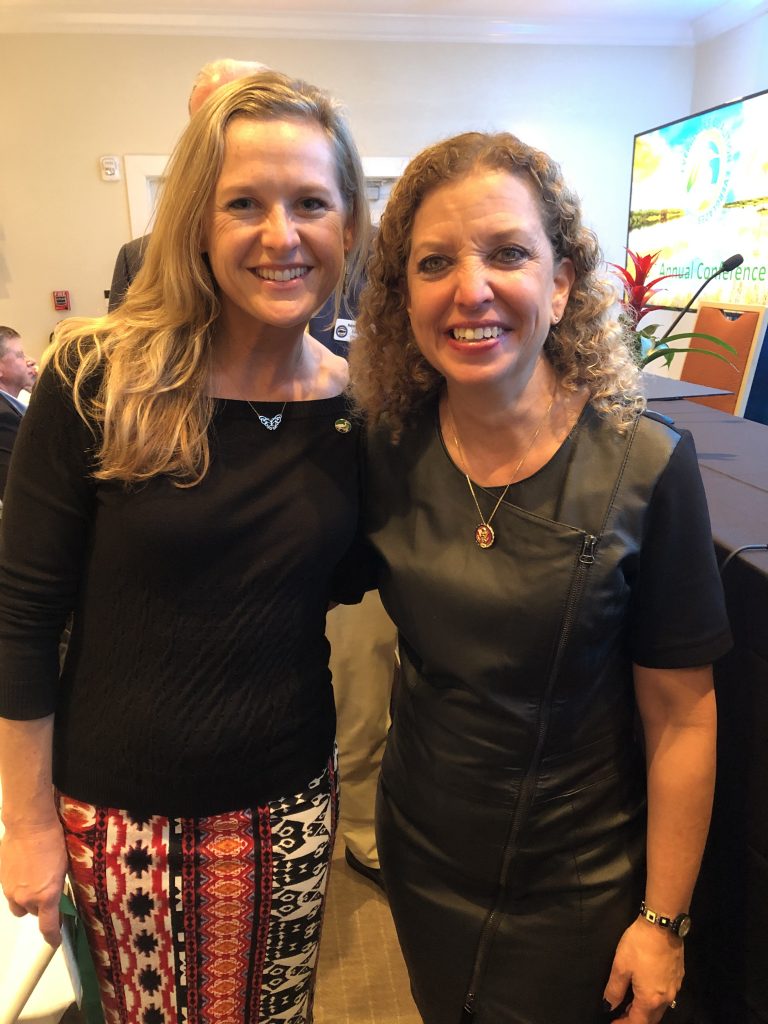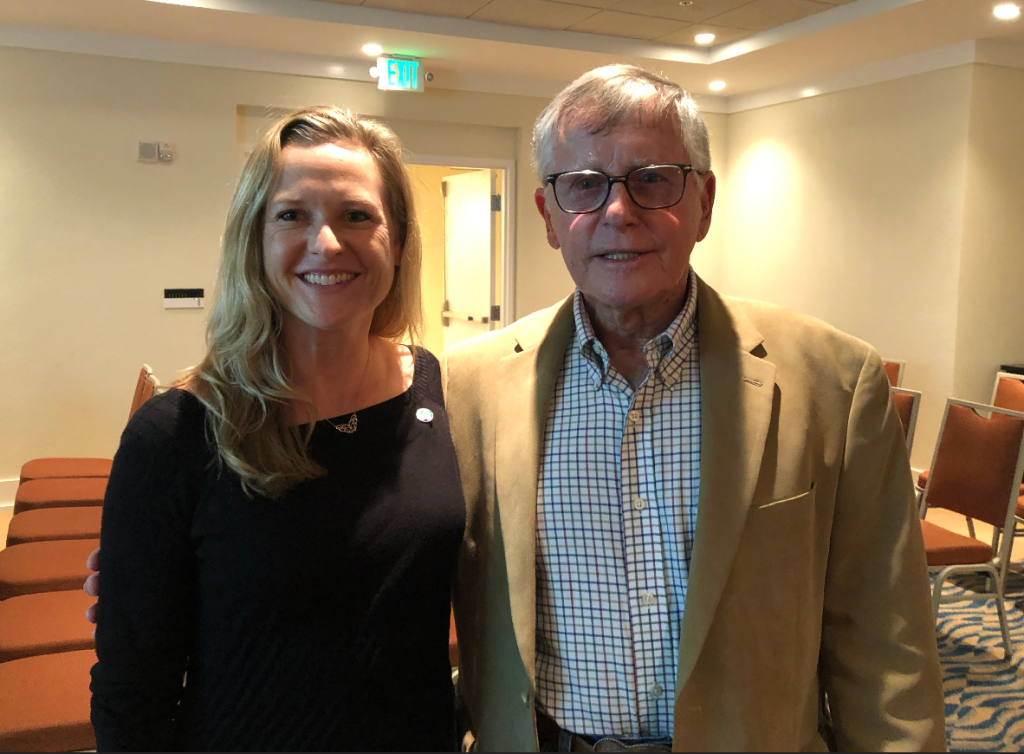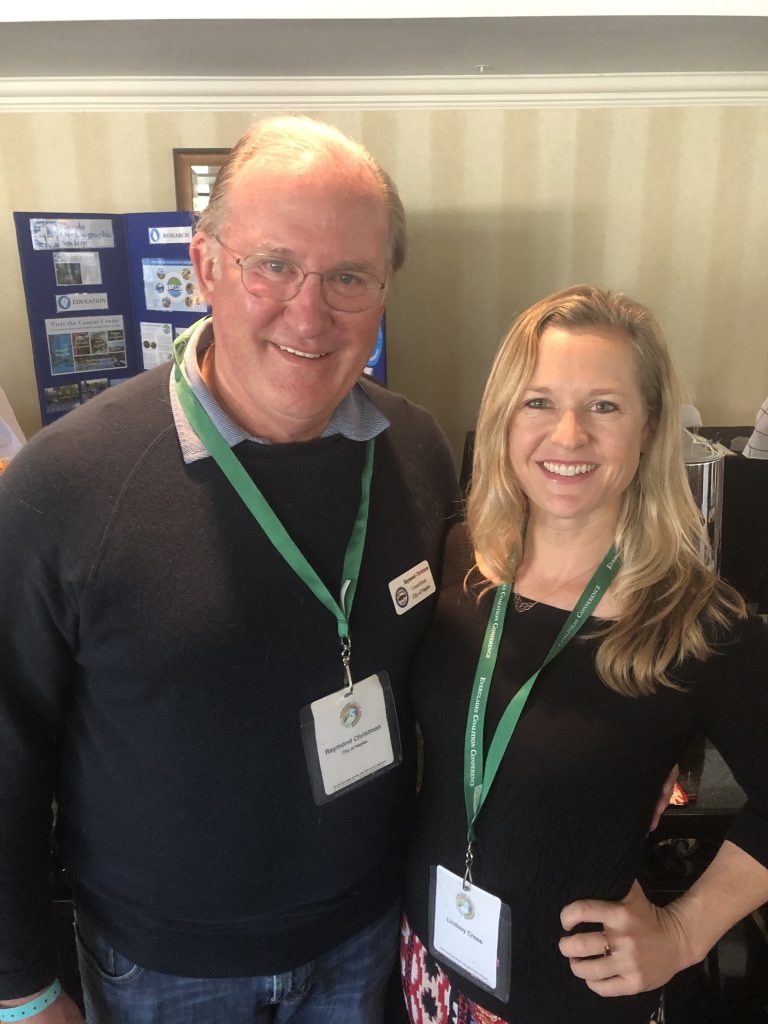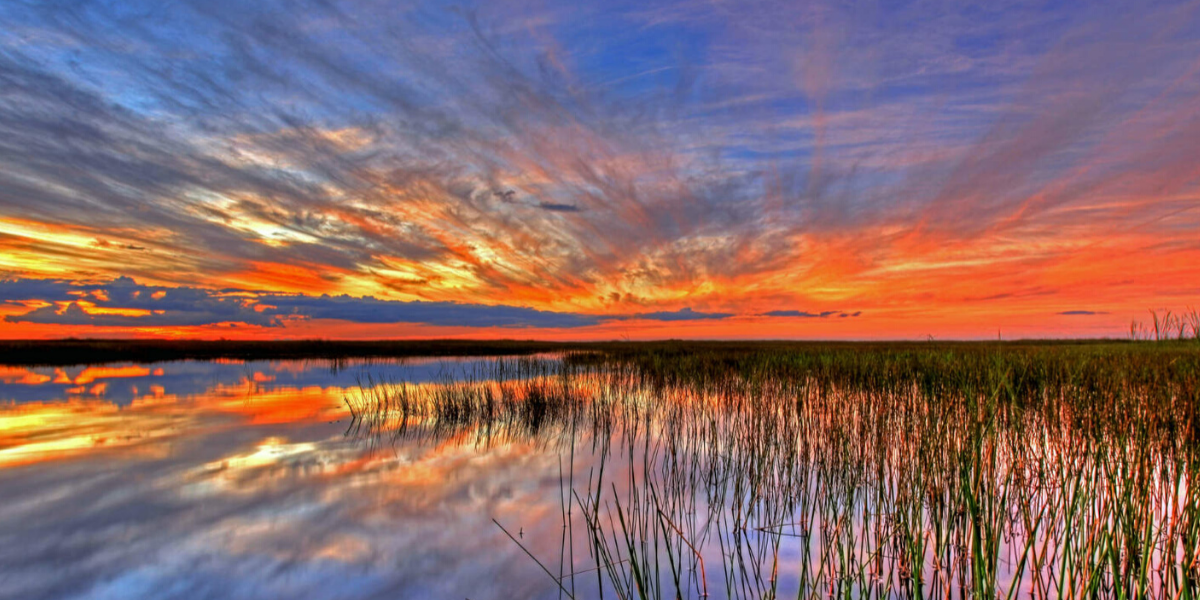Advocates from around the state gathered in Captiva Island in January to discuss restoration of America’s Everglades at the 35th annual Everglades Coalition conference. The momentum continues on Tuesday, Feb. 11, as we join together for Everglades Action Day at the Capitol.

At the Everglades Coalition conference, the tone was decidedly celebratory but also cautious. Commitments of $200 million (or more) from both the state and federal government will enable continued progress on restoration and infrastructure projects within the Comprehensive Everglades Restoration Plan (CERP). The state recently committed to purchasing 20,000 acres of wetlands in the southeastern Everglades (Broward County) to protect it from oil drilling.
Protecting the Everglades is as much about protecting what we have today as fixing what we damaged yesterday.
At last year’s conference, we were fresh off a devastating summer of red tide and blue-green algae blooms, leading to economic and environmental atrocities. Walking along beautiful, shell-covered Captiva Island this year, it would be difficult to picture the beach strewn with thousands of dead fish causing record low hotel vacancy rates and millions of dollars lost to local economies.
But, that doesn’t mean that there aren’t issues lurking above and below the surface. More work needs to be done. Red tide and blue-green algae are still present. Results from the Blue-Green Algae Task Force documented algal blooms in 12 out of 13 samples collected between January 31 – February 6. That is why monitoring is so important and why members of the task force should recommend tougher water quality standards and penalties for polluters. Decreased discharges of polluted freshwater into the Caloosahatchee and St. Lucie rivers into coastal estuaries have been partially thanks to operational changes implemented by the US Army Corps of Engineers, but also due to lower rainfall last year.

Additional proactive measures may also be gaining traction. While the focus has been heavily on restoration south of Lake Okeechobee to fix what was damaged, this year brought more dialogue about improving water quality flows into the lake and the importance of conserving land. There was an entire panel dedicated to the key role that land protection, particularly, conservation easements on working lands, like cattle ranches, in the Northern Everglades National Wildlife Refuge will play in preventing urban development and increased pollution from entering the system. Enthusiasts like multi-generational rancher, “Lefty” Durando, shared that protecting land in the northern Everglades protects water quality as far south as Miami.
Unfortunately, funding for land protection has been inadequate. The Florida House has only requested $20 million for Florida Forever this year and would zero out the Rural and Family Lands Protection Program (RFLPP) again this year. That is not acceptable.

Protecting the Everglades also means stopping destructive practices like oil drilling and the Roads to Ruin. The proposed Southwest-Central toll road will directly slice through thousands of acres of the western Everglades, including prime Florida panther habitat. Some wildlife biologists suggest that construction of the road could lead to the extinction of the species.
So what is going to fix such a complicated system?
Well, it starts with all of us being informed and engaged. Tuesday, February 11th is Everglades Action Day at the Capitol. FCV, as a member of the Everglades Coalition, my colleague Jonathan Webber will be leading a team of volunteers to speak with their elected officials.
You can participate, even if you can’t make it to Tallahassee, by calling your elected officials. Tell them to strengthen Florida Forever funding and that land conservation is key to Everglades restoration and protection of other critical wetlands and habitats around the state.
The Everglades is a complicated issue. It took many decades to damage and it will take many more to restore. We are making progress and it’s important to celebrate those milestones. It will also take a broader and more comprehensive look at conservation, water quality regulations, and partnerships across the state. Those of us in the Everglades Coalition know that we’re in it for the long haul and it will truly take “All Hands on Deck.”

